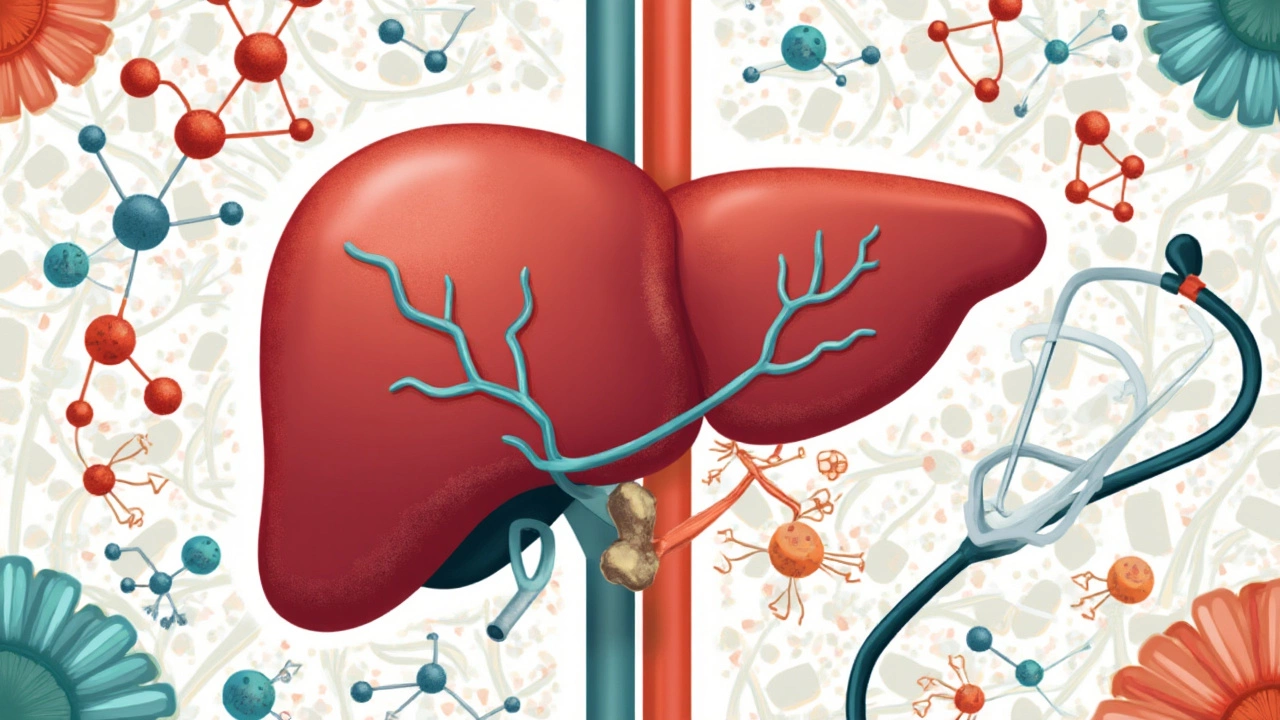Is There a Better Drug for Type 2 Diabetes Than Metformin?
Metformin has been a go-to drug for type 2 diabetes for decades, but newer medications offer surprising benefits. This article looks at how alternatives measure up, from weight loss to heart protection. You'll find out why some patients switch from metformin and what real-world results look like. We'll also hit on costs, side effects, and a few smart questions to ask your doctor. If you're wondering what your options are, this guide clears up the hype and gets straight to what works.
Why Is Metformin So Bad to Take? The Real Story Behind This Diabetes Drug
Metformin has been a go-to medication for type 2 diabetes for decades, but some people struggle with nasty side effects and hidden downsides. This article dives into why so many patients complain about metformin, from gut problems to weird vitamin dips. Get straight answers on what's fact, what's rumor, and what you can actually do if metformin is making your life harder than your diabetes. Tips on managing the side effects and honest facts from real experiences—no sugar-coating.
What's My Life Expectancy with Type 2 Diabetes?
Living with type 2 diabetes can make you wonder about your life expectancy, but it's more than just a number game. While diabetes can impact your lifespan, lifestyle choices and medication can play a major role in managing health outcomes. Healthy eating, regular exercise, and adhering to prescribed medications can significantly improve quality of life. Understanding how diabetes affects the body and making informed choices can empower individuals to lead fulfilling lives.
Metformin's Impact on the Liver: What You Need to Know
Metformin, a widely used medication for managing type 2 diabetes, primarily affects the liver. It works by decreasing glucose production in the liver, making it a crucial element in blood sugar control. While generally safe, certain conditions might lead to metformin-associated liver issues. Understanding its liver-specific effects is essential for patients and healthcare providers alike. Staying informed about potential side effects could make a big difference.



